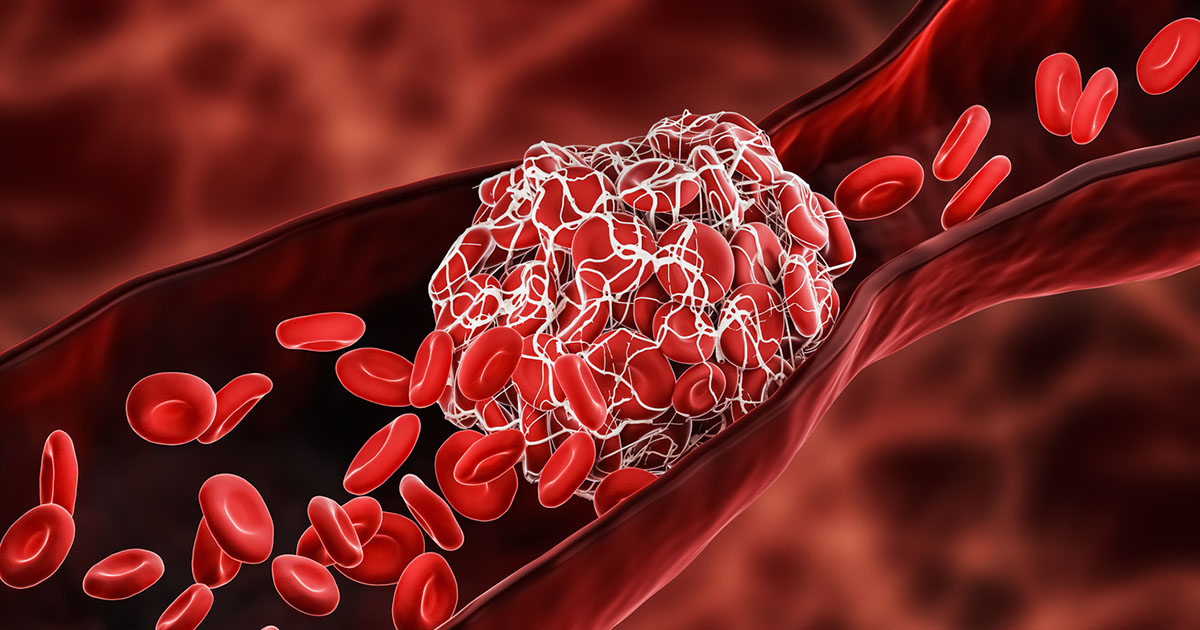NHS staff are constantly being asked to work differently to cut costs and improve effectiveness. Consequent changes in clinical practice and evolving roles can sometimes lead to improvements in care that may not otherwise have been realised. The following article by Sheila Pennington highlights how the employment of a diabetes specialist nurse (DSN) to manage insulin-treated people with diabetes in a large primary care practice in Birmingham helped to reduce HbA1c levels.
Moving specialist diabetes care into primary care
Historically, DSNs have been based in secondary care, but the Government’s White Papers Shifting the Balance of Power: The Next Steps (Department of Health [DH], 2002) and Our Health, Our Care, Our Say: A New Direction for Community Services (DH, 2006) recommend a shift from the provision of services in secondary care to primary care.
Since the publication of the UKPDS (UK Prospective Diabetes Study Group, 1998) highlighted the need to intensify diabetes treatments, increasing numbers of people with type 2 diabetes have initiated insulin (Mulnier et al, 2005), and it has become impractical to expect secondary care to cope with this workload alone. With commissioning and the formation of general practice clusters, what could be more sensible than to have an expert diabetes nurse working in primary care delivering best quality care to people in their own surgeries and even their own homes? This undeniably crosses the boundaries to those hard-to-reach groups, with the potential for the DSN to see housebound people, those in nursing homes as well as those in prison.
The DSN can run clinics and structured education groups in local surgeries at times that suit people who work, which would allow access to the support and education that these people need to manage their diabetes without their having to take valuable time off work.
Diabetes care delivery in Guildford and Waverley
I have been working as part of a fantastic team in primary care for the past 5 years. Each general practice has an assigned adult primary care DSN who covers several surgeries and who also works in the secondary care clinics to continue diabetes care in collaboration with secondary care physicians. There is also a trained and experienced primary care diabetes children’s nurse who also has an MSc in Diabetes from Warwick University.
Working with this team creates seamless care between primary and secondary care across all age groups. Indeed, whenever necessary, we see our patients in hospital, and work with the secondary care-based nurses to ensure efficient treatment and discharge. Working with this team and the secondary care physicians provides opportunities to discuss new treatments, keep up-to-date with practice and current research together with attendance at conferences, and helps me to ensure that my clinical practice is evidence-based and properly supported.
Evidence-based practice
Having acquired a PhD, I have a very good understanding of research methods and can critically appraise research findings. I understand the implications of research; I know whether data are robust and whether the findings should or should not influence our clinical practice. When new antidiabetes agents come on to the market, or when the efficacy of existing agents is questioned, I can look critically at the data and make an informed decision as to whether the findings are as relevant or impressive as some would have us believe.
My research experience also means that I can help colleagues understand research and give advice and support to those undertaking projects. It helps me to see where research is needed in my daily practice, and how we could achieve this. I am hoping that in the future I will be able to use my academic training and clinical experience to supervise diabetes nurses through doctorates themselves.
It is key to point out that although a person’s initiation of insulin is an important role for a diabetes nurse, it is just a small part of the primary care DSN’s day. An experienced nurse working at an advanced level can assess people and change treatment appropriately.
If the DSN is able to empower people with diabetes to maintain good glycaemic control then, in the long-term, they may be able to avoid hospital admissions and the complications of diabetes resulting in healthcare savings. An experienced, advanced nurse capable of autonomous practice and high-level decision-making, will be able to instigate better management in situations where a less experienced nurse might make no changes.
For example, just last week I was asked to see an individual in a community hospital who would require district nurses to give insulin on discharge. I was asked to review if there was any way that the individual could give the insulin themselves. On assessment, I found that the person had been admitted with acute heart failure and secondary renal failure due to aortic valve incompetence 3 months earlier. She had been given an aortic valve replacement and her renal function was now completely recovered, so we could restart her original oral antidiabetes agents (OADs) and add a new agent to improve her glycaemic control. She was discharged on OADs with better glycaemic control than on the once-daily insulin regimen, or prior to admission.
I would estimate that every year I see three or more people being given insulin by district nurses who I then find are better treated back on OADs. Applying a conservative estimated cost of £25 per visit (for a home visit by a qualified nurse) this represents a saving of almost £30000 if these three people are on once-daily insulin or £60000 for a twice-daily insulin regimen. Often, having assessed an individual’s home circumstances and barriers to self-care, I can avoid treatment escalation just by suggesting that they have a tablet dosing box for their OAD regimen.
The value of a DSN in primary care
The DSN is an essential source of knowledge for people with diabetes, primary care practitioners, practice nurses, district nurses, community matrons, carers, to mention but a few. I often see people with diabetes as a first point of contact before they are seen in secondary care. For a person newly diagnosed with type 1 diabetes this means that they are seen on the day that the diabetes is detected, are treated appropriately, and avoid a hospital admission. For a person with type 2 diabetes referred to secondary care due to complications of diabetes, being seen by me often means that by the time they are seen at their choose-and-book appointment their glycaemic control is good. Very often, by GPs referring individuals to me, the PCT can save the cost of a secondary care referral completely.
The cost-effectiveness of my role is, however, difficult to quantify accurately. Several studies have demonstrated the cost-effectiveness of nurse-led clinics and specialist nurse roles, but further studies are needed (Raftery et al, 2005; Steuten et al, 2007). Unfortunately, while managers are being pushed to reduce their budget, the value of an experienced nurse in primary care may be lost, resulting in the employment of a nurse at a lower band or, as happened in the following article, with the role being abandoned after pharmaceutical funding was withdrawn.
Conclusion
The following study shows that during the time a DSN was employed at the surgery, the percentage of insulin-treated people with an HbA1c level greater than target was reduced by a further 6.5%, resulting in almost 65% of just the insulin-treated people having an HbA1c less than 7.5% (58 mmol/mol). There was also a small but statistically significant drop in the mean and median HbA1c level in all the people with diabetes treated at the surgery.
If the authors had looked at individual changes in HbA1c level from before their first appointment with the DSN, to the most recent HbA1c level before the DSN left, then they may well have seen a bigger change in insulin-treated people’s HbA1c levels than the practice mean or median. Together with data on hospital admissions this would have represented robust evidence to show the benefit of a DSN in primary care, but if the following article inspires a PCT-wide DSN service then the authors have made a big contribution to improving care in their region.





Small increases in three lifestyle behaviours is effective in reducing all-cause mortality.
27 May 2025